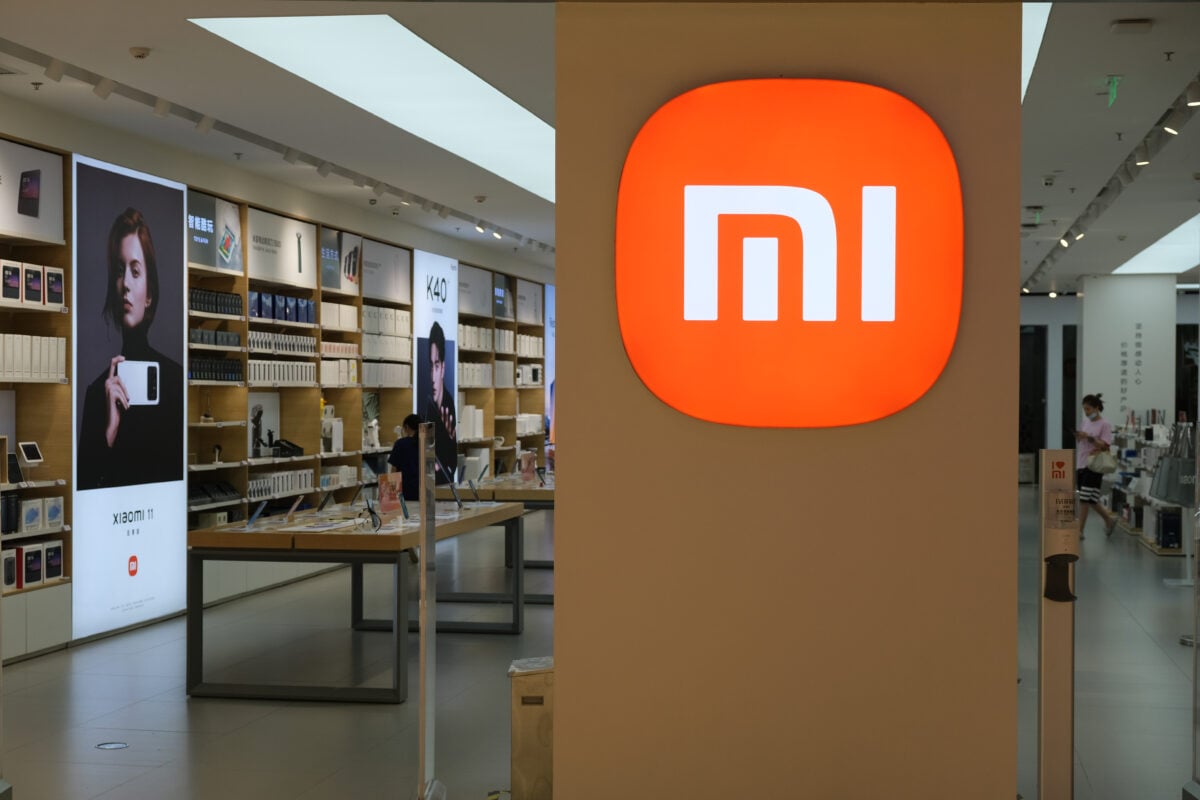TLDRs:
Contents
- Xiaomi is opening its first physical retail store in South Korea on June 28, 2025, at IFC Mall in Seoul.
- The store will function as both a sales hub and service center, offering products like the Xiaomi 15 and Smart Band 10.
- South Korea’s tech-savvy and brand-loyal market presents both opportunities and challenges for Xiaomi’s expansion.
- This launch is part of Xiaomi’s broader strategy to grow globally amid domestic market saturation and increased investment in hardware innovation.
Chinese electronics manufacturer Xiaomi is opening its first physical retail store in South Korea this week, marking a strategic shift in its approach to one of Asia’s most advanced technology markets.
The store, set to open on June 28, will be located inside Seoul’s IFC Mall in Yeouido, a commercial and financial hub that reflects Xiaomi’s ambitions to establish itself among Korea’s discerning consumer base.
The store will not only showcase Xiaomi’s latest products, such as the Xiaomi 15 smartphone and Smart Band 10, but will also serve as a dedicated service center. This combination of sales and support functions signals the company’s understanding of the importance of after-sales care in a market known for strong brand loyalty and high expectations for customer experience.
South Korea Welcomes Xiaomi
Xiaomi’s choice of South Korea for this milestone reflects a broader strategy of using highly connected markets to test and refine products. With nearly every household connected to high-speed internet and a reputation for rapid adoption of new technology, South Korea provides the type of feedback-rich environment global tech firms often seek before scaling further.
Industry observers suggest that Xiaomi’s presence in such a competitive space is no accident. The country not only serves as a technological testbed but also as a critical bridge between Chinese innovation and broader Asian markets. This positioning could prove vital as the company looks to expand across the region and compete with long-established players like Samsung and Apple.
Tough Odds in Korea’s Brand-Heavy Market
Despite Xiaomi’s global success and cost-competitive devices, the South Korean smartphone market remains one of the toughest to penetrate. Samsung commands nearly 80 percent of the domestic market, with Apple trailing at a solid 19 percent. This leaves little room for challengers, especially those perceived as foreign disruptors.
Previous efforts by other Chinese brands have largely failed to move the needle, largely due to entrenched consumer loyalty and the strong reputations of domestic brands. Xiaomi appears to be taking a different approach, prioritizing service, visibility, and in-person engagement to counter these dynamics. The establishment of this retail hub, alongside planned future service centers, reflects a long-game strategy aimed at earning trust rather than just making quick sales.
Retail Launch Tied to Broader Expansion
The Seoul store opening comes at a pivotal moment for Xiaomi, as it invests heavily in chip design and positions itself as a vertically integrated technology company. Last month, the firm announced a $6.9 billion investment into its own semiconductor capabilities, a move that echoes Apple’s approach to reducing reliance on external suppliers.
While the company has not indicated any immediate plans to introduce its electric vehicles to the South Korean market, its ongoing investment in hardware innovation, from smartphones to EVs, could pave the way for future diversification in the country. For now, the physical store will serve as Xiaomi’s frontline in building a presence in a high-stakes, high-reward market.


